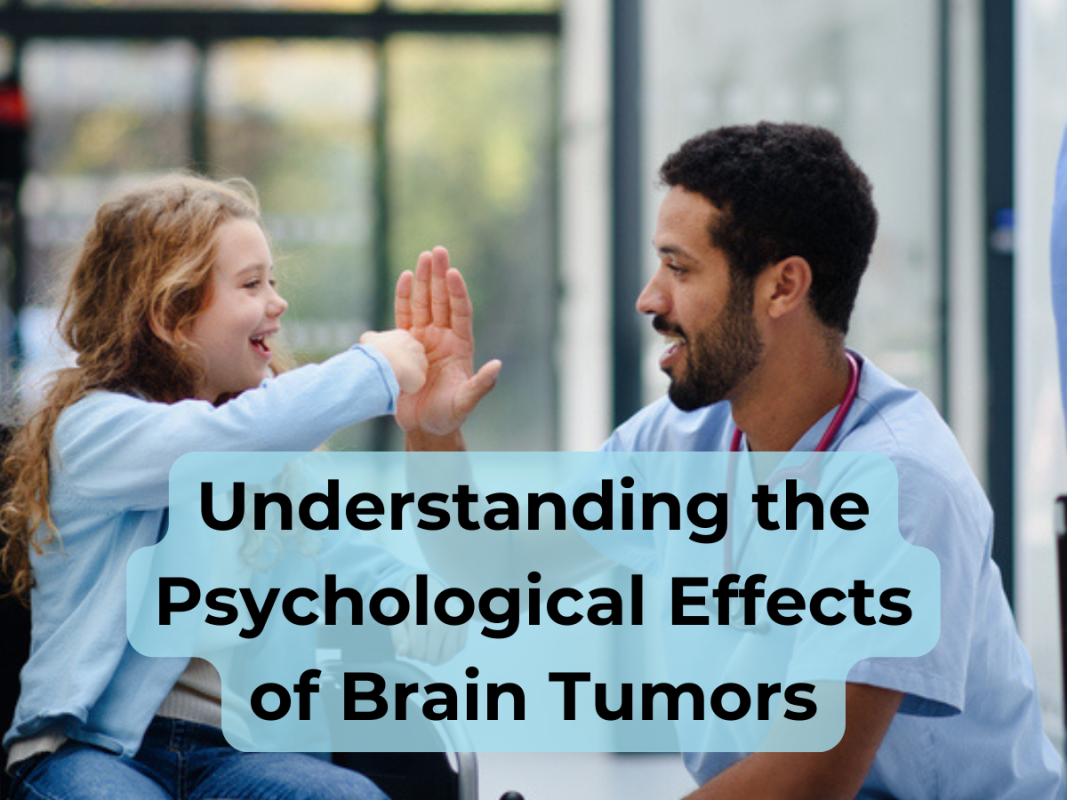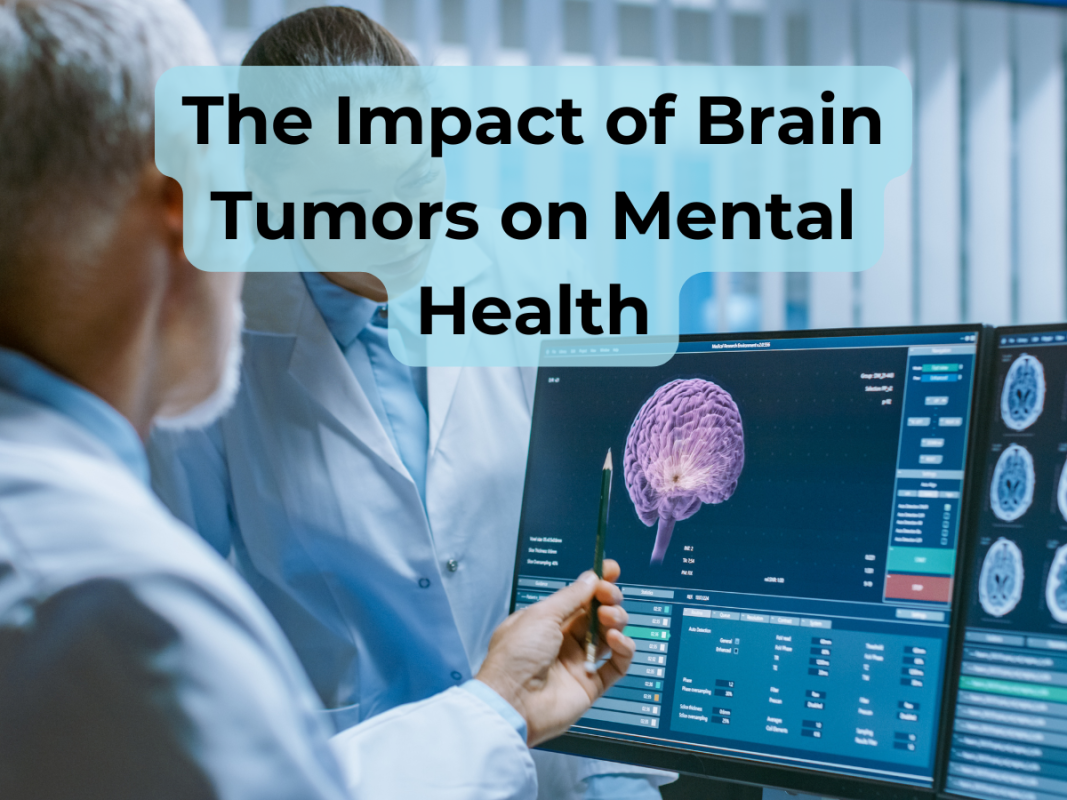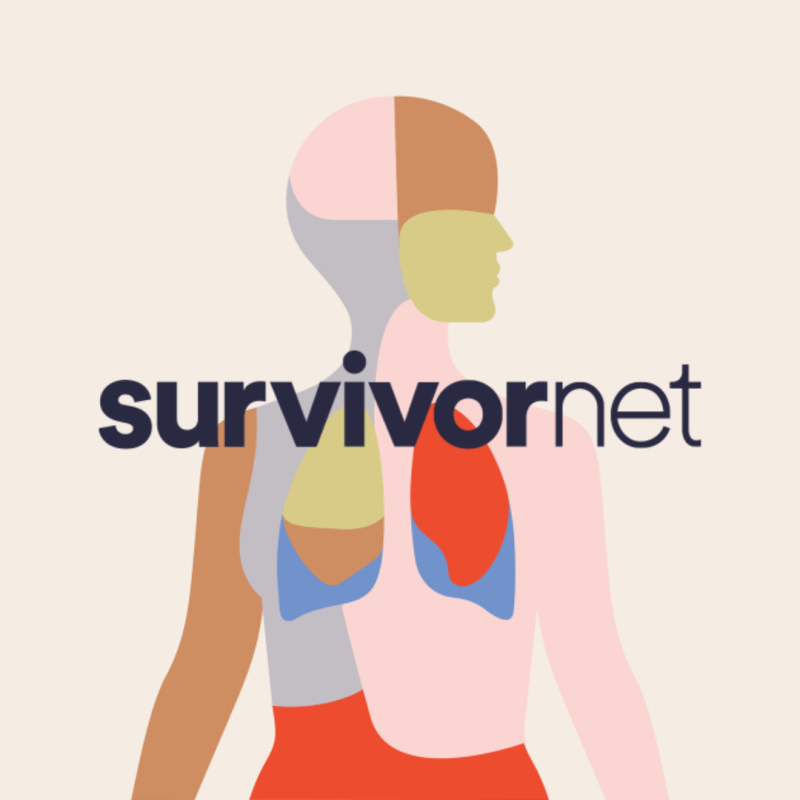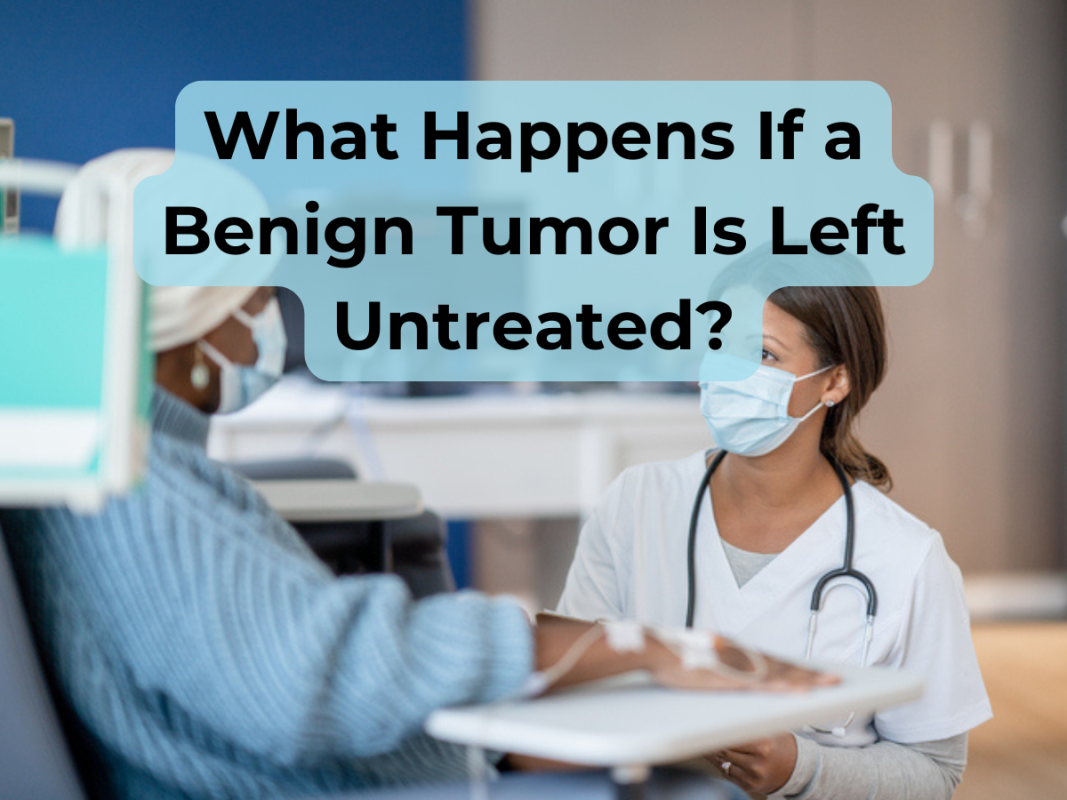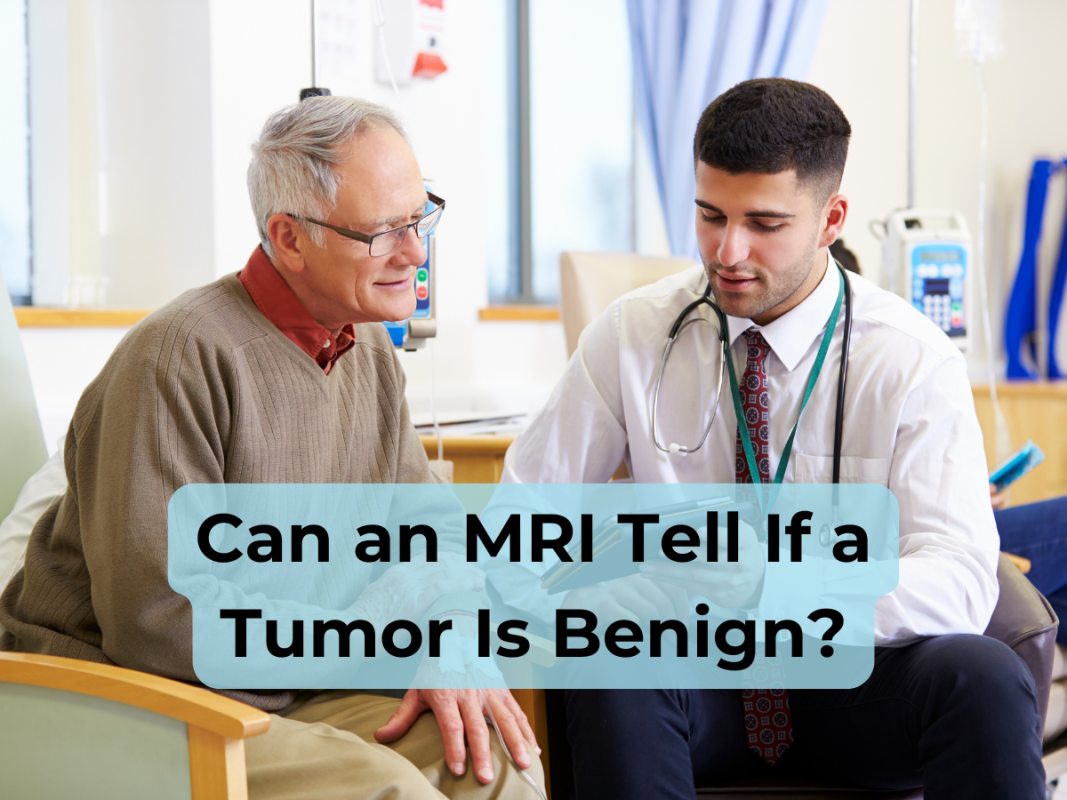Celebrating Excellence: Quinn Ostrom, PhD, Among the Top 1% of Highly-Cited Scientists
View the Web of Science list recognizing the world’s most highly-cited scientists, including Quinn Ostrom, PhD, of the Preston Robert Tisch Brain Tumor Center, for her impactful contributions in Neuroscience and Behavior.
How to Support a Loved One with a Brain Tumor
Caring for a loved one with a brain tumor is an emotionally and physically demanding journey. Caregivers play a critical role in managing medical needs and offering emotional support. However, the stress and responsibilities that come with caregiving can be overwhelming, making it essential to prepare for the challenges ahead.
Understanding the Psychological Effects of Brain Tumors
A brain tumor diagnosis is a life-changing event that affects both physical and mental well-being. The impact extends far beyond the tumor itself, influencing emotions, thought processes, and behaviors.
The Impact of Brain Tumors on Mental Health
A brain tumor diagnosis affects more than just physical health—it can deeply impact mental well-being. The emotional and cognitive toll of both benign and malignant brain tumors is significant, and understanding these effects can help patients and caregivers navigate the journey with greater clarity.
What is a Glioma: Understanding Types & Standard of Care
Henry Friedman, MD, shares insights about different types of Gliomas in a new article written by SurvivorNet.
What Happens If a Benign Tumor Is Left Untreated?
If you’ve been diagnosed with a benign tumor, you may feel a sense of relief knowing it’s not cancerous. However, it’s natural to wonder what happens if the tumor is left untreated. While benign tumors are generally not life-threatening, they still deserve careful monitoring and management to avoid potential complications.
Breakthroughs in Brain Tumor Treatment: A Conversation with Dr. David M. Ashley
Executive Vice President for Health Affairs and Dean of the Duke University School of Medicine Mary Klotman, MD, talks with David M. Ashley, MBBS, FRACP, PhD, MBBS (Hons), Director of the Preston Robert Tisch Brain Tumor Center at Duke. They discuss the challenges of treating brain tumors and recent advancements, including an FDA-approved drug for treating low-grade gliomas developed at the center, vorasidenib.
Do Benign Tumors Need Chemotherapy?
When people hear the word "tumor," they often think of cancer and treatments like chemotherapy. However, not all tumors are cancerous. Some are benign, meaning they don’t spread or invade other parts of the body. So, do benign tumors ever need chemotherapy?
The WiN Mentorship Award: Katherine Peters, MD, PhD
Dr. Katherine Peters Honored with the 2024 Women in Neuro-oncology (WiN) Mentorship Award.
Can an MRI Tell If a Tumor Is Benign?
If you’ve recently been told you need an MRI because of a possible tumor, you might be wondering if this scan can tell you whether it’s benign (non-cancerous) or malignant (cancerous). It’s a common question.


